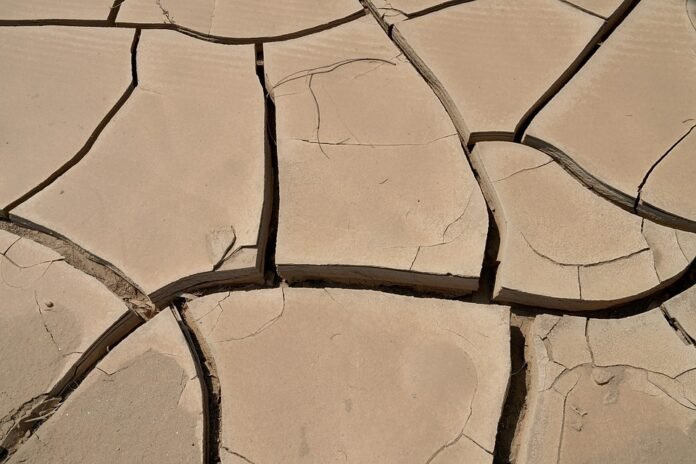You may have noticed that I’ve been writing more obituaries and tributes lately. This effort arose from an observation: Many people who spent their lives making the Earth more livable received little recognition. And when they died, their passing often went unnoticed—sometimes even by those who shared their cause.
These obituaries are a way to honor them. Not only by telling their individual stories, but by illuminating the larger purpose they served. They remind us of what’s at stake, and of the courage, love, and sacrifice behind the scenes of conservation work.
Obituaries can be difficult to write. They are emotional, often based on limited information, and involve navigating delicate topics. But I believe they matter. So I write them, imperfectly but earnestly, as a small act of remembrance.
Thank you for reading.
Tributes and farewells to Earth’s guardians
Few professions carry the emotional toll of conservation. Those drawn to protect nature often work in the shadows—underpaid, overexposed, and increasingly under threat. My series, the Nature Obituaries Project, was born from this quiet crisis. What began as a way to honor lives lost has become a mirror to the global struggle for the planet’s future—and the toll it takes on those trying to save it.
At its core, the project is simple: a series of obituary-style tributes to individuals who devoted their lives to protecting ecosystems, species, and communities. But these are not just memorials. Each one is an act of documentation, a form of witness. They capture the individual and the invisible—chronicling not only who these people were, but what they fought for, what they endured, and what their passing means for the rest of us.
The need is sobering. Since 2015, more than 1,500 environmental defenders have been killed, according to Global Witness. Others die by suicide or illness, their stress compounded by underfunded institutions and little psychological support. Recent research found that over a quarter of conservation professionals surveyed showed signs of moderate to severe psychological distress. Women, early-career workers, and those with limited support were most vulnerable.
Some were rangers gunned down in conflict zones. Others were scientists, Indigenous leaders, or park managers lost to cancer, accidents, or despair. A few, like Brazilian activist Bruno Pereira, Honduran Indigenous rights defender Berta Cáceres, or Kenyan ranger Anton Mzanga, were household names in conservation circles. Most were not. But each left behind a life of commitment, often forged in isolation.
The project also serves a second purpose: to remind readers that conservation is not a romantic endeavor, but a deeply human one. The loss of a single expert on native bees, or a seasoned field guide in a tropical forest, represents not only a personal tragedy but the erosion of hard-won knowledge. Their deaths ripple outward, through communities, ecosystems, and institutions.
In telling these stories, the Nature Obituaries Project insists that environmental work is not expendable—and neither are the people who do it. A profession tasked with caring for life on Earth must do more to care for its own. These tributes are a first step. A way of saying: We see you. You mattered. You still do.






